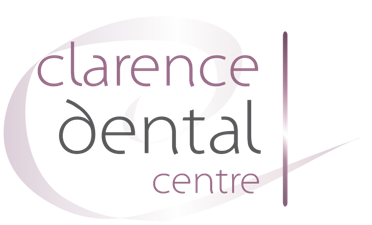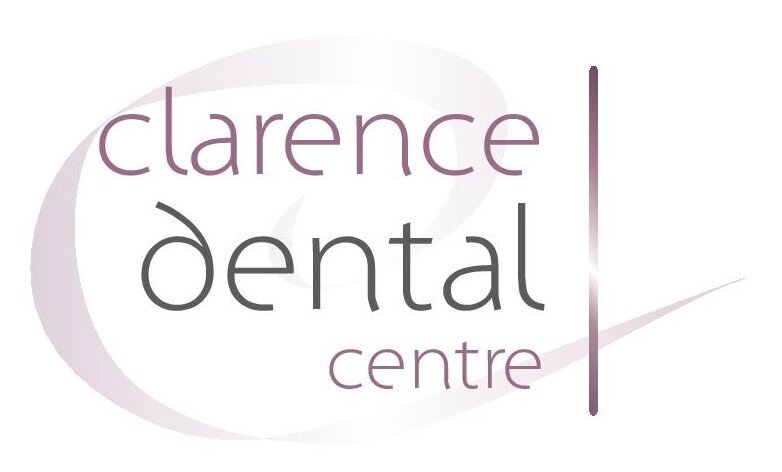Oral Health and Heart Disease
When we think about oral health, we often picture a dazzling smile, but as we have discovered time and again throughout our blog series on the Mind Body Mouth Connection, it's time to recognise that our mouths play a profound role in our overall well-being. Strong evidence shows a connection between oral health and atherogenic cardiovascular disease. Atherogenic cardiovascular disease (ACVD) encompasses various conditions, including atherosclerosis, heart attack, and stroke, all of which can have life-altering consequences. In this blog, we explore the link between oral health and ACVD, emphasizing the importance of caring for our oral well-being for the sake of our heart health.
Oral Bacteria and Inflammation
Our mouths are home to a diverse range of bacteria, both beneficial and harmful. When oral hygiene is lacking, harmful bacteria can accumulate and lead to gum disease (periodontitis). The body's inflammatory response to gum disease can release inflammatory markers into the bloodstream. These markers can contribute to the development and progression of atherosclerosis, a condition characterised by the buildup of plaque in the arteries, narrowing the blood vessels and increasing the risk of heart attack and stroke.
Bacterial Translocation and Infection
In severe cases of gum disease or dental infections, bacteria can enter the bloodstream, through bacterial translocation. Once in the bloodstream, these bacteria can travel to other parts of the body, including the heart and blood vessels, potentially leading to infections and inflammation within the cardiovascular system.
Shared Risk Factors
The connection between oral health and ACVD is further reinforced by shared risk factors. For instance, tobacco use, poor diet, and sedentary lifestyle habits can negatively impact both oral health and cardiovascular health. Addressing these risk factors can have a positive impact on both systems.
Promoting Oral and Cardiovascular Health for a Strong Heart
Maintain Excellent Oral Hygiene: Brush your teeth at least twice a day, floss daily, and schedule regular dental check-ups to keep your mouth free from harmful bacteria.
Manage Gum Disease Promptly: If you notice signs of gum disease, such as red, swollen gums or bleeding, seek dental care immediately.
Quit Smoking and vaping: Smoking is a significant risk factor for both oral health problems and ACVD. Quitting smoking is one of the best things you can do for your heart and oral health.
Adopt a Heart-Healthy Diet: Eat a balanced diet rich in fruits, vegetables, whole grains, lean proteins, and healthy fats to support your cardiovascular system and oral health.
Stay Active: Engage in regular physical activity to promote heart health and overall well-being.
Regular Health Check-ups: Schedule routine health check-ups with your healthcare provider to monitor your cardiovascular health and address any concerns.
As we continue to expand our understanding of health, the connection between oral health and atherogenic cardiovascular disease becomes increasingly apparent. By prioritising good oral hygiene, addressing gum disease promptly, and adopting heart-healthy lifestyle habits, we can promote both oral and cardiovascular health.
For more information on managing heart and oral health, check out the resources available at the Australian Dental Association’s Teeth.org.au and the Heart Foundation.


